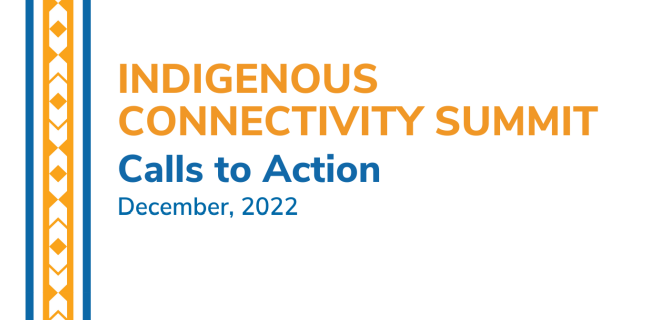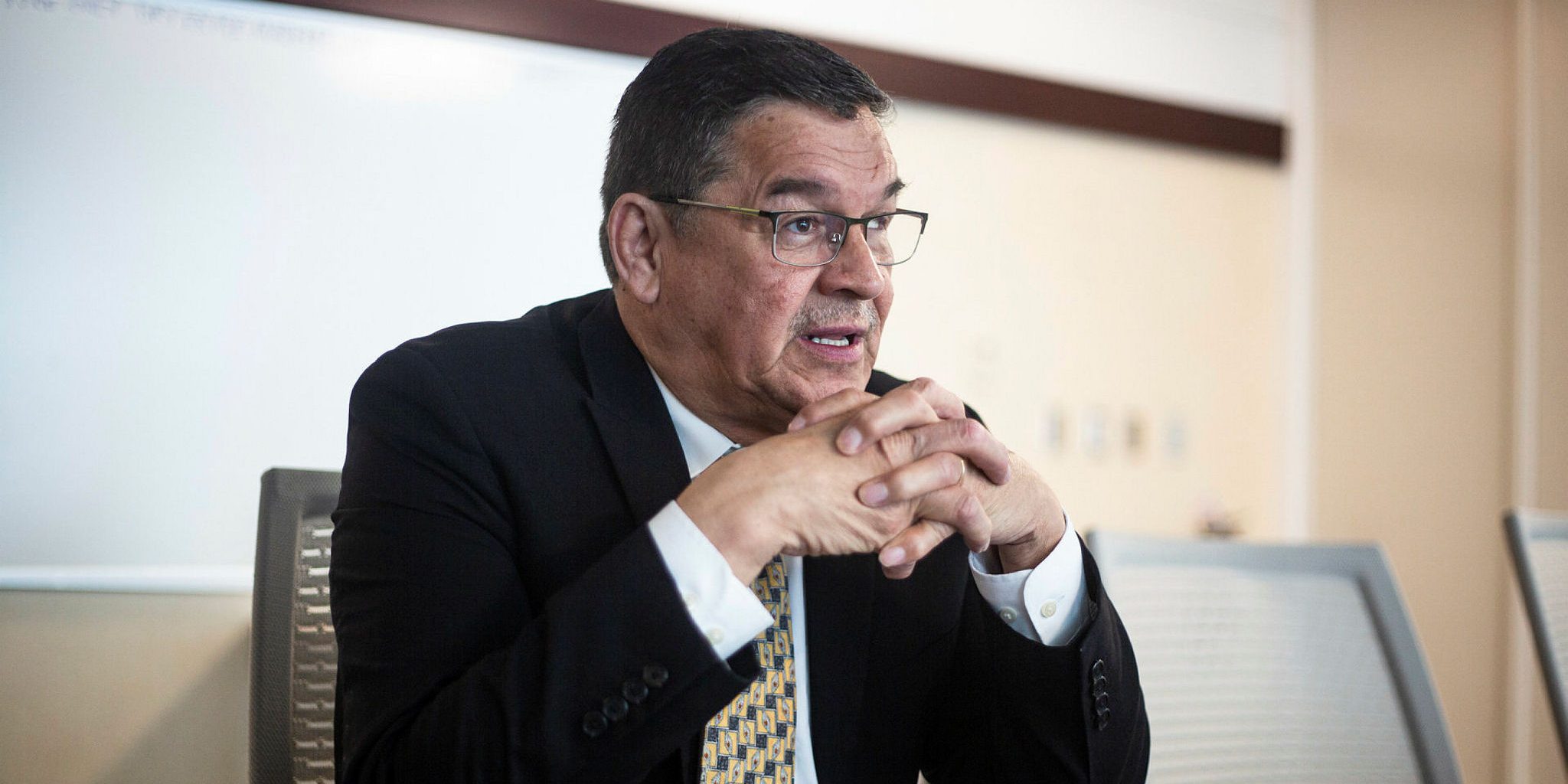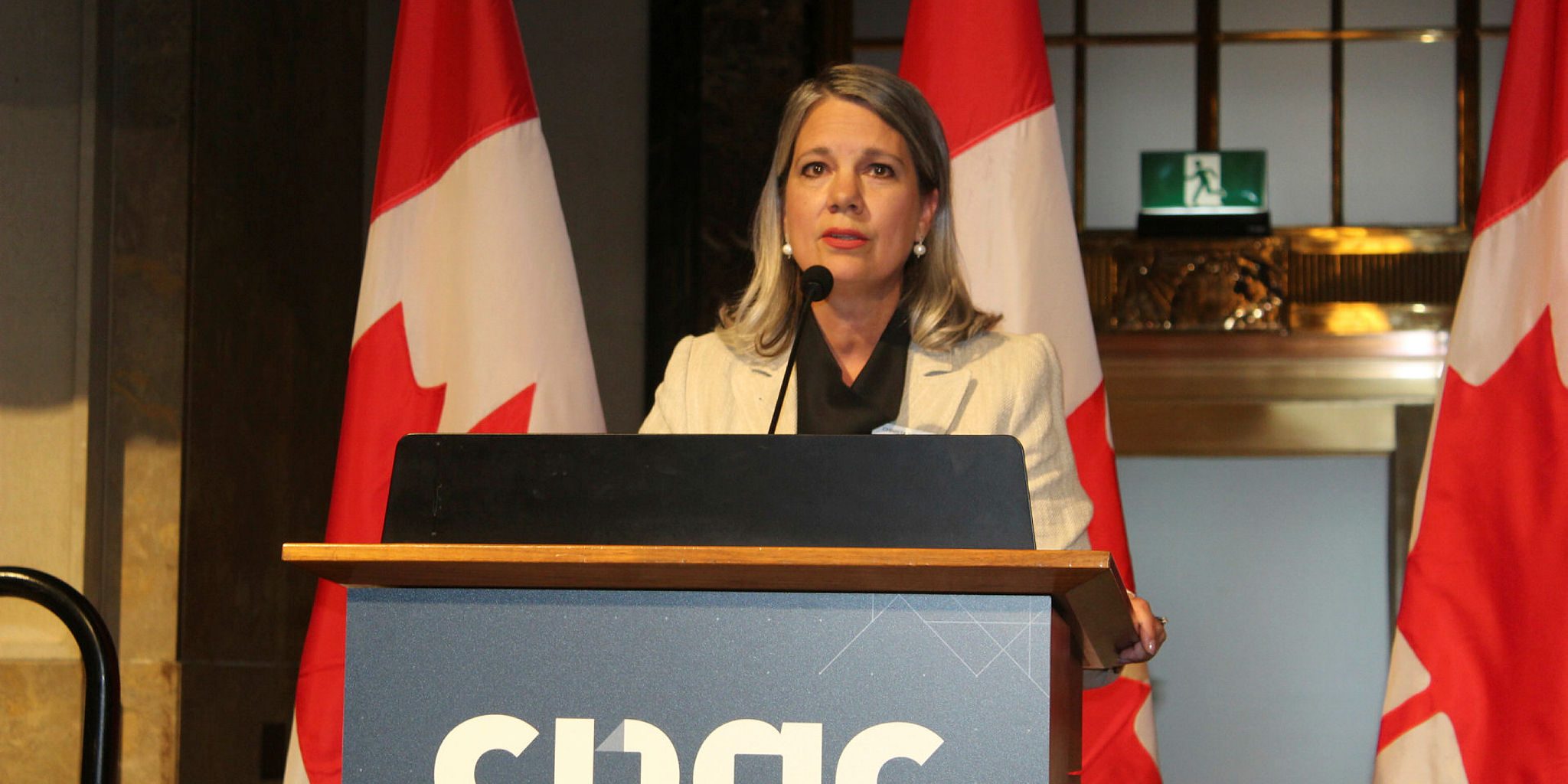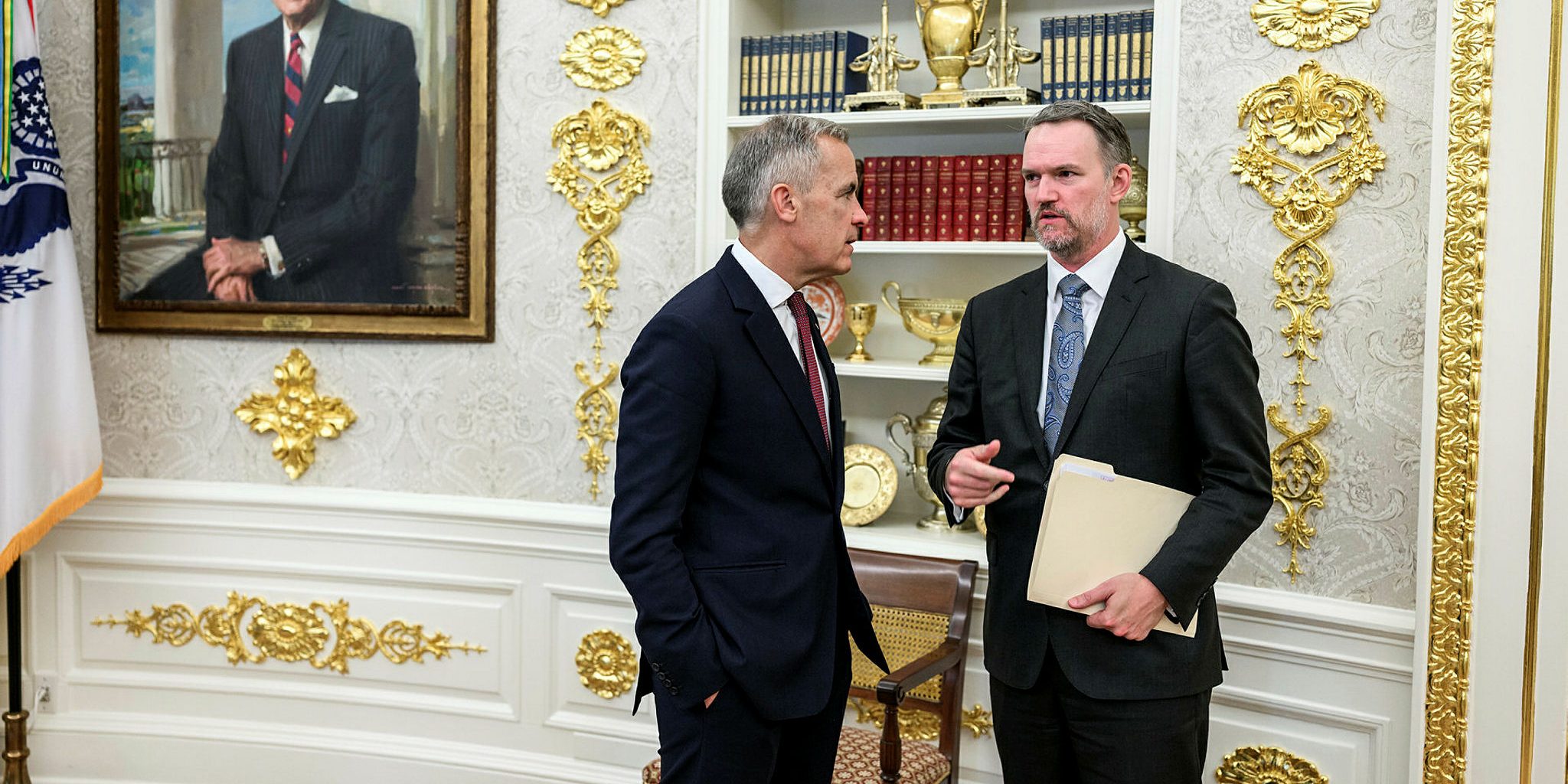
Indigenous Connectivity Summit calls for more inclusion in consultations
News | December 7, 2022
Indigenous telecommunications stakeholders are calling on the government to incorporate them into its consultation requirements, and develop a participatory and inclusive policy consultation process in the telecommunications and digital sectors.
On Monday the Indigenous Connectivity Institute released several calls to action developed at October’s 2022 Indigenous Connectivity Summit in Winnipeg, Man. Since the inaugural summit in 2017, delegates have developed and endorsed a set of recommendations that, if adopted by governments and other stakeholders, they argue could help advance connectivity in Indigenous communities in Canada and the United States.
Building a participatory and inclusive policy consultation and funding process were the main themes to come out of this year’s conference and the first call to action on the list. The list also included calls to recognize rights to spectrum; hold companies accountable when they are not acting in the best interest of Indigenous communities; develop Indigenous workforce networks; and develop a more sustainable approach to funding.
The policy recommendations call for the creation of an Indigenous taskforce on telecommunications “to work with government departments and agencies, as well as nations and Indigenous-mandated organizations to facilitate meaningful consultation processes.”
First Nations Technology Council senior policy lead Rhea Doolan said at the conference that the Canadian government needs to go beyond revamping existing policy framework when it comes to consultations.
“I don’t want to just have a seat at the table. I want to redefine what the table itself actually is,” she said. “Having a proper true understanding of digital equity means that Indigenous peoples need to be recognized as rights holders, not stakeholders.”
“On things like spectrum, we’re not equivalent to municipal governments. We have sovereign rights. We’re nations, we have rights over jurisdiction, we have the right to self governance,” Doolan said, adding that the Canadian government has specific obligations under the United Nations Declaration on the Rights of Indigenous Peoples.
With respect to conception of Indigenous peoples as rights holders, the policy recommendations called on the government to not only represent Indigenous voices nationally, but also to ensure that Indigenous people be represented at international forums such as at the International Telecommunication Union and the Inter-American Telecommunication Commission.
“Above all, acknowledging that Indigenous peoples are rights holders in the process, not stakeholders, and that Indigenous world views and the knowledge and expertise held by Indigenous Peoples need to be recognized and valued in policy development, particularly in issues affecting their lands, communities, territories, and resource development,” the recommendations read.
Mark Buell, the director of Indigenous programs development for the Connect Humanity Fund told the Wire Report in a phone interview that the current consultation processes do not put community needs first. As a result, the recommendations call for a proactive rather than passive approach when seeking policy feedback. For example, Buell said the government has held consultations during hunting season when the cariboo were moving, making it impossible to reach certain stakeholders or for the communities to find time to analyze and discuss their telecom issues.
Stan Judge, who works for Rogers Communication Inc.’s Indigenous Collaboration Team told the Wire Report in an interview at the conference that when he was working as the consultation officer for his home community of Shawanaga First Nations, along the eastern shores of Georgian Bay in Ontario, that there was rarely adequate time to participate in a government consultation. Sometimes by the time a consultation comes to the attention of a First Nations community there is only a week left to respond.
“Meaningful consultation means a total buy-in from the community for whatever is being asked of the communities. Like most of these consultations, it needs to say that if you don’t reply within that timeframe then that is still okay. But right now it’s not and that is not meaningful consultation.”
At October’s conference, University of Alberta researcher Rob McMahon presented an analysis – researched in conjunction with postdoctoral fellow Murat Akçyir – on the CRTC’s consultation process regarding telecommunications services in the North.
“We have to recognize that there are barriers in participating in consultations, such as those set up by the CRTC,” McMahon said at the conference where he appeared virtually, and added that the procedures take on a “very formal legalistic and complex format.”
“They tend to be dominated by highly-resourced commercial entities,” he said.
McMahon noted that individual consultation contributions are particularly important because “very little primary research, data collection and so on has taken place” in Canada’s North, aside from what Statistics Canada produces on the digital divide, and it reflects the needs of the end users rather than the unique needs of intermediary groups (ie. municipal governments, non-profit organizations, or smaller competitors) or Canada’s incumbent.
McMahon’s analysis found that only 10 intermediary groups contributed to the CRTC consultation and suggested that the government do more to support their participation because they play a valuable role in connecting individual needs and government policy. His research found that 245 submissions were submitted by individuals which represents 1 comment for every 535 people living in the North, however, those submissions were a brief 200 words whereas intermediaries can provide detailed 2,400-word responses to government policies.
The individual submissions largely came from urban centers like Whitehorse or Yellowknife, with far fewer of the submissions, 30 per cent, coming from the smaller rural areas. McMahon added that number is actually smaller because the definition of rural includes “regional hubs” such as Fort Smith, N.W.T., that may be small in overall population but is relatively large for the North.
“The irony is that people and the communities most impacted or that are the focus of these particular policy consultations were the least represented in the actual policy discussions,” McMahon said.
McMahon said the government needs to actively source information on affordability, reliability, and other issues that matter to the individual end-user in the North “and kind of play to their own strengths and desires and areas of interest.”
“They should be encouraged to contribute to these policy consultations, but rather than forcing them to contribute on the same sort of playing field as these highly resourced telecommunications providers, involve them instead in monitoring and evaluating the quality, affordability, accessibility and so on, services that they experience in their day to day lives.”
He said that can be achieved by training individuals on how to use equipment that can help with monitoring for household surveys; hiring people to go door to door in their communities to hear about how individuals experience telecom services; or use text message surveys.
He also encouraged the CRTC to examine submissions from both intermediary organizations and individuals against those of Canada’s incumbents to determine the degree to which major organizations actually amplify the voices of individuals.
– Reporting by Jenna Cocullo at jcocullo@thewirereport.ca and editing by Michael Lee-Murphy at mleemurphy@thewirereport.ca




